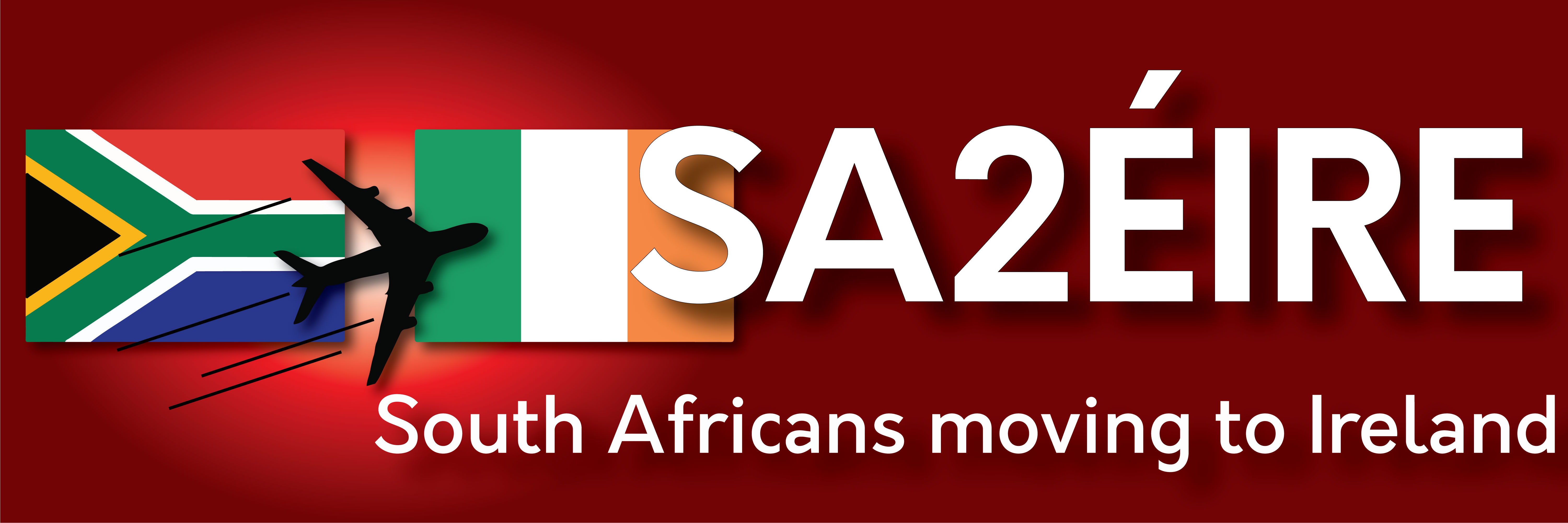
THE RESULTS ARE IN!!!!
I ran a poll recently, asking what your Number 1 Financial Priority was when coming to Ireland.
Thank you to all that participated in the poll, the more interaction I receive from my posts, the more informative I can be for the good people of this group going forward.
So, the number 1 main financial priority when coming to Ireland as voted by the you is Savings & Retirement Planning.
Lots of people want to save for a deposit for a home, others for their children’s education and retirement planning was the key priority for a huge portion of people who responded. Before putting money away for medium or long-term goals (like house deposits, kid’s education or pensions), it’s important to have a ‘rainy day’ fund for unexpected events that occur. Everything from replacing home appliances, expensive car repairs, unplanned trips back home or short periods between jobs.
Rainy Day Fund:
I recommend having a ‘rainy day’ fund of 3-6 months take home pay in your bank or credit union. It may take a little time to put it together, but it is especially important for people who have moved to Ireland recently or in the last few years who may not be eligible for state benefits yet.
Challenges in setting up a bank account:
Normally, something as simple as setting up a bank account shouldn’t cause any drama. However, with Ulster Bank and KBC pulling out of the Irish market, about a million people will need to set up new bank accounts this year.
This is already causing big delays in setting up accounts with the other banks. And it’s likely to get worse as the banks write to their customers to inform them that their accounts are closing. If you are currently with Ulster Bank or KBC, now is the time to find an alternative bank. Don’t wait until they send out notification letters to 100,000’s of customers. If you are new to the country and haven’t set up a bank account yet, don’t delay any longer. I’ve heard that some banks have waiting periods of several months for setting up new accounts. This may only get worse!!
Deposit Guarantee Scheme:
If you are bringing in significant funds into the country (perhaps from selling a property or other assets), it is important to consider the ‘Deposit Guarantee Scheme’. This scheme protects depositors in the event that a bank, building society or credit union is unable to repay deposits. It covers eligible deposits up to €100,000 per person per institution. If you have funds in excess of this amount, it makes sense to split up the deposit across multiple institutions so that you benefit from the protection with each institution.
Bank Savings vs Investments:
Bank deposits are typically suitable for short term needs (like a rainy day fund).
However, with little or no interest on offer from the banks at present your money is actually losing value in the bank when the current high inflation levels are taken into account. There are plenty of alternatives if you would like to invest your savings over the medium to long term. Please feel free to Private Message or contact me on the details below if you would like to discuss the best options you.
Saving for a deposit for a home:
With house prices soaring, now is a good time to start saving to buy your home if you are planning on getting on the property ladder within the next 3-5 years.
When people are putting away money for the medium or long-term, we usually recommend that they invest their funds rather than just saving the money in a bank account (as their funds have the time to recover if there is a short-term dip in the market). For a deposit for a house purchase in the shorter term, a deposit account is probably a more appropriate place for your funds.
As well as saving, the Government’s Help To Buy Scheme may help you get on the property ladder. It provides assistance for first time buyers who are buying a brand new property or a self-build property. It is NOT available for second hand homes. The amount you can claim is based on the amount of income tax paid in the last four years (so this scheme is really only useful for people who have worked here for a few years). You can claim back the lesser of €30,000 or 10% of the purchase price of the property (assuming you’ve paid that much income tax over the last 4 years). The scheme runs until the end of 2022 but I’d be hopeful that it will be extended in some shape or form. If you would like a summary guide about this scheme, please feel free to message me with your details & I’ll email you a copy.
Saving for your children’s education:
While third level fees in Ireland are not as prohibitive as somewhere like America, the cost of sending a child to third level education still isn’t cheap. The Zurich Cost of Education Survey identifies that the average annual cost of sending a child to college as much as €14,553 (including student accommodation) or €6178 if they are living at home.
Funding this out of current income can be prohibitive, especially if you have more than one child at college at the same time. We recommend setting up an education funding plan as early as possible to provide the funds required. Please feel free to message me if you would like more information on the options.
Planning for Retirement:
If you want a decent lifestyle in retirement, the State Pension simply won’t be enough, even if you qualify for the full pension, which is currently €253 per week. (Unless you work here for 40 years before retirement, you possibly won’t qualify for the full State Pension).
The Government want people to save for their retirement, so they give massive tax incentives for people to invest in a pension. You can claim up to 40% tax relief on your pension contributions so for every €100 you put into your pension the Government will give you up to €40 back. Saving for retirement is easier the earlier you start. The longer you put it off, the more you’ll need to contribute to your fund every month to catch up. Please feel free to message me if you would like to have a chat about retirement planning.
If you would like to know more with regards to any of the areas above, please feel free to contact me.
I look forward to helping in any way possible going forward and thank you all for your continuous support.
Danny Coad QFA
Tel: 0862422441
Tel: 00353862422441 (If contacting from abroad)
This email address is being protected from spambots. You need JavaScript enabled to view it.

